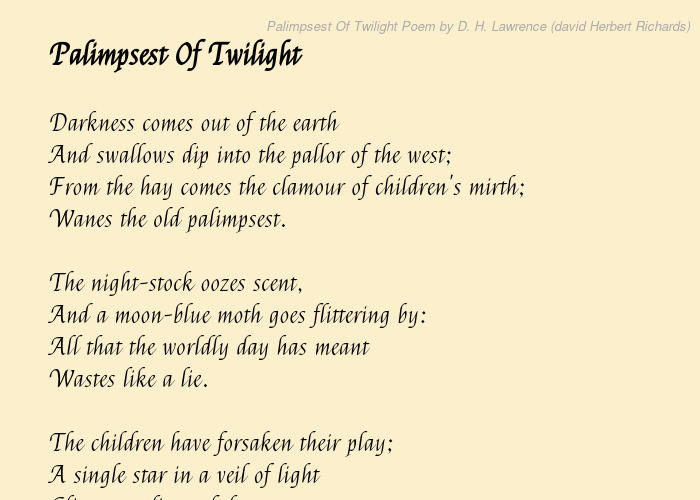Welcome to Poem of the Day – Thoughts of the Sunlight by Anna Akhmatova.
Anna Akhmatova, one of the most evocative voices in Russian poetry, stands as a symbol of resilience and artistry amidst the tumult of early 20th-century Russia. Her poem Thoughts of the Sunlight offers a poignant reflection on the interplay of light, memory, and existential longing, capturing her signature blend of brevity and depth. This essay explores the poem’s intricate layers, its use of symbolism, and its emotional resonance, situating it within the broader context of Akhmatova’s life and oeuvre.
Thoughts of the Sunlight Poem Explanation
At its core, Thoughts of the Sunlight is a meditation on transience and eternity. The poem juxtaposes the fleeting nature of sunlight with the enduring weight of human emotions, creating a tension that mirrors Akhmatova’s own life experiences. The sunlight, a recurring motif in her works, serves not only as a physical entity but as a metaphor for hope, fleeting joy, and the passage of time.
The poem can be read as a dialogue between the external world, represented by sunlight, and the internal world of the speaker. Akhmatova masterfully conveys the fragility of human connections and aspirations against the backdrop of a relentless, indifferent universe. Sunlight, in its ephemeral beauty, becomes a stand-in for lost opportunities, unfulfilled desires, and the bittersweet awareness of life’s impermanence.
Symbolism and Imagery
Akhmatova’s use of imagery is both vivid and restrained, a hallmark of her poetic style. In Thoughts of the Sunlight, the imagery of sunlight cascading over the earth evokes warmth and life but also a sense of elusiveness. This duality encapsulates the tension between hope and despair. The sunlight, while momentarily uplifting, highlights the shadows it creates, suggesting the inescapable presence of sorrow and loss.
The poem’s language, often simple yet deeply evocative, resonates with Akhmatova’s classical influences and modernist sensibilities. She draws upon natural imagery to root her reflections in a universal context, making the sunlight a shared human experience. Yet, her treatment of this image is uniquely personal, imbued with the weight of her own historical and emotional burdens.
Emotional Resonance and Personal Context
To fully appreciate Thoughts of the Sunlight, it is essential to consider Akhmatova’s biography. Writing during a period marked by political upheaval, personal loss, and artistic censorship, Akhmatova’s poetry often grapples with themes of endurance and memory. Her ability to distill profound emotional truths into concise poetic forms is particularly evident in this work. The sunlight, much like Akhmatova herself, becomes a symbol of resilience—a force that persists despite its ephemeral nature.
The poem also reflects Akhmatova’s engagement with broader philosophical questions. It invites readers to ponder the relationship between the fleeting and the eternal, the tangible and the intangible. The sunlight, though transient, leaves an indelible impression, much like human experiences that shape and define us even after they have passed.
Conclusion
Thoughts of the Sunlight exemplifies Anna Akhmatova’s genius for crafting poetry that is both deeply personal and universally resonant. Through her exploration of sunlight as a symbol of fleeting beauty and enduring significance, Akhmatova captures the essence of the human condition. Her ability to weave complex emotions into simple yet powerful imagery ensures that her work remains timeless, inviting readers to reflect on their own relationship with memory, loss, and hope.
In Thoughts of the Sunlight, Akhmatova does not offer easy answers or resolutions. Instead, she presents a poignant meditation that lingers, much like the afterglow of sunlight, challenging us to find meaning in the interplay of light and shadow in our own lives. This poem, like sunlight itself, is a fleeting but transformative presence, illuminating the depths of human experience with unparalleled grace.

